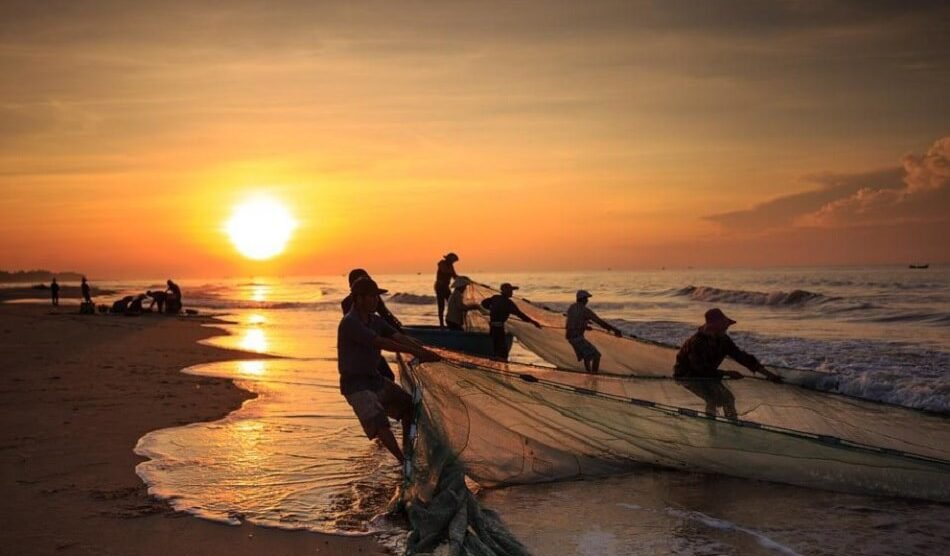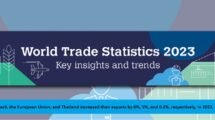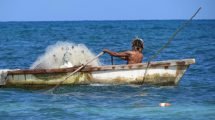Fishermen’s livelihoods cannot be put at risk while negotiating fisheries subsidies: Goyal at WTO meet.
Traditional fishermen’s livelihoods cannot be jeopardized while negotiating fisheries subsidies, according to Commerce and Industries Minister Piyush Goyal.
The Minister stated at the WTO meeting in Geneva that ‘we cannot institutionalize the privileges of a few countries and deny the right to progress to those who work for the vulnerable marginalized sections of society.’
‘We need to have alternative perspectives, especially for those countries that are not participating in damaging deep-sea fishing.’ Otherwise, we risk a repeat of the agricultural accord, where injustices and asymmetries continue, forcing numerous nations to rely on food aid,’ the Minister said.
Also Read | Suspension of subsidies for fishermen through WTO agreement will affect millions of fishers.
‘The present ideas for WTO reform might radically alter its institutional design, tilting the system against developing countries’ interests. We must move forward while keeping the fundamental ideas of consensus and assuring special and differential treatment of people and development,’ Goyal added.
Pirate fishing is out
With the World Trade Organization summit on fisheries subsidies igniting a worldwide debate, marine fishery experts in India have ruled out the possibility of overfishing or pirate fishing in Indian territorial seas.
WTO negotiations are underway to restrict subsidies for pirate fishing (also known as illicit, unreported, and unregulated fishing); overfished stocks; and overcapacity.
Experts have pointed out, however, that India’s overall fish catch hovers around 3.5 million tonnes per year and has yet to exceed four million tonnes, despite a potential of 5.3 million tonnes.
This shows that the country’s stocks are sufficient to keep overfishing at bay on a global scale. This is in stark contrast to industrial fishing in industrialized countries.
A sociopolitical problem
According to the FAO definition, there is no evidence of pirate fishing in the waters. Overfishing must be addressed as a sociopolitical issue, rather than a biological or technical one.
‘What is the guarantee that prohibiting subsidies will prevent overfishing, given that payments on access agreements, in which less developed countries sell fishing rights to developed countries, are excluded from the subsidy purview?’ experts have wondered.
Subsidies are permitted under the WTO to rehabilitate a stock that has collapsed due to persistent overfishing. Many affluent countries, however, make use of this nomenclatural advantage to repackage their subsidy portfolios.
However, India, whose stocks are harvested well within their potential yield, may face the possibility of reducing its meager subsidy basket simply because the size of its fishing fleet (much of which is artisanal) in operation is large enough to be considered overcapacity.
Also Read | CIFNET and MPEDA-NETFISH sign MoU to hold skills training for the fishing community.
WTO draft Clarity
According to experts, the current WTO draft does not properly define what ‘overcapacity’ implies for a member country or how to determine the optimal size of a fishing fleet.
In India and other tropical regions, fishermen frequently spend money on kerosene for sea trips. Safety at sea and excellent fisheries governance come at a cost, and if the WTO draft is accepted with no revisions, it will result in a Special and Differential Treatment (S&DT) regime. Given the lack of an equal playing field among the 164 member countries, India has made an excellent case for S&DT.


















Add Comment